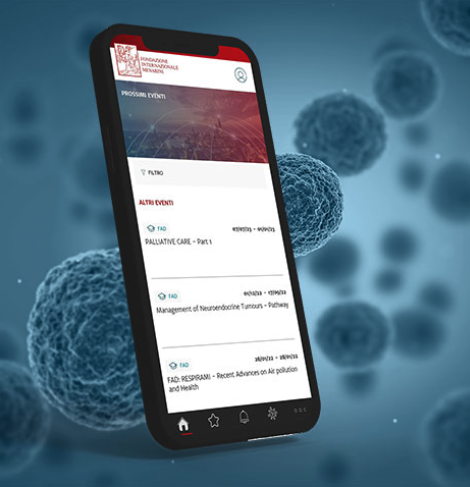Artificial Intelligence in Medicine


Event information
In a remarkably short period of time, Artificial Intelligence (AI) has created what many have considered the Fourth Industrial Revolution. It has permeated virtually every area of human life. Medicine is no exception, and AI has proven a powerful aid to public health and patient care from governments and major institutions to the individual physician's office. AI simplifies what were once onerous administrative tasks but more importantly for the purposes of the practicing health care worker reviews the pathophysiology of an individual patient with remarkable efficiency, using evidence-based observations to create a helpful dialogue with the physician that suggests diagnosis and recommends therapy. This symposium is intended for the clinician. Accordingly, it is prefaced with initial sessions that present an overview of the history, uses and limitations of AI in medicine. Subsequent presentations will provide detailed examples of how it is being used in medical subspecialties. A consideration of the principles for assessing the validity and quality of AI tools selected for clinical care will stress the crucial importance of the content and quality of the databases on which their conclusions and recommendations are based. A final interactive session with the audience will demonstrate the use of large language models (LLM) in actual cases. Ultimately the symposium will provide new insight into which AI tools, based on an analysis of culturally relevant observations made on an appropriate cadre of subjects, are optimally useful for the unique requirements of the individual clinician.





